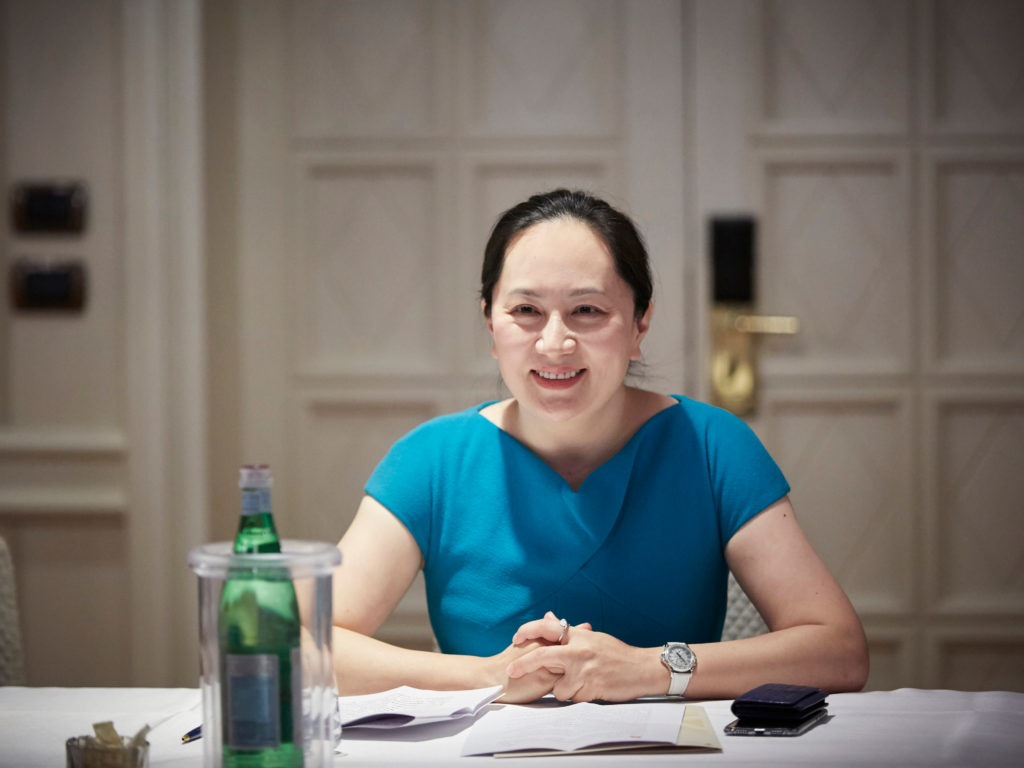
On 30 March 2021, lawyers for Huawei Chief Financial Officer Meng Wanzhou applied to the Supreme Court of British Columbia for a stay of the ongoing extradition proceedings against her. Ms Meng’s legal team argued that the proceedings should be stayed as the US does not have jurisdiction to try the offences alleged and the extradition request is, by reason of extraterritorial overreach on the part of the US, contrary to international law.
US authorities are seeking Ms Meng’s extradition to stand trial on charges of wire fraud and bank fraud in connection with the alleged violation of US sanctions on Iran. Central to the US case is a 2013 meeting between Ms Meng and HSBC officials at which she is alleged to have misled the bank as to the true nature of Huawei’s relationship with its subsidiary, Skycom, and its activities in Iran. The meeting took place in Hong Kong and Ms Meng’s legal team argued that any laws broken that day fall under Chinese jurisdiction and any attempt by the US to apply its criminal laws to events taking place in Chinese territory is in violation of international law.
Resisting the application on behalf of US authorities, lawyers for the Attorney General of Canada argued that US jurisdiction derives from the fact that the relevant financial transactions were cleared through the US financial system. Canada’s Extradition Act permits extradition in cases where the conduct alleged did not take place in the requesting territory and the Attorney General argued that the role of the extradition judge does not include questions of jurisdiction. Consequently, it remains to be seen to what extent Associate Chief Justice Heather Holmes will engage with the substantive jurisdictional argument in her ruling.
This is not the first time the US has been accused of extraterritorial overreach in the context of both its sanctions regime and extradition policy. Throughout 2020, the US continued to expand its use of economic sanctions, including imposing sanctions on China in respect of its attempts to undermine Hong Kong’s autonomy and in response to the allegations of genocide committed against the Uighurs in Xinjiang province. In December 2020, it designated a number of Chinese companies for engaging in Iran-related activities and sanctioned individual members of the Chinese legislature. These developments were met with condemnation by Chinese authorities and, in January 2021, Beijing introduced Order No. 1 of 2021 on Rules on Counteracting Unjustified Extraterritorial Application of Foreign Legislation and Other Measures, China’s first ‘blocking statute’, in an attempt to counteract the impact of foreign sanctions on Chinese persons.
Whilst a ruling on the application is not expected before 6 April 2021, it will undoubtedly prove an interesting test of the limits of US extraterritorial jurisdiction and sanctions policy. This is in line with the nature of Ms Meng’s case, which has proved to be a classic illustration of the complex questions of international law, extraterritoriality and high-stakes geo-politics that accompany the growing use of global sanctions as well as the jurisdictional complexities of cross-border financial crime. The extradition hearing is expected to continue until May.
Tags: Extraterritoriality Categories: Canada, China, United States



Recent Comments